Citizens in Uzbekistan spend 30% of daily consumer expenditure on meat, milk and eggs
On February 16, under the chairmanship of Shavkat Mirziyoyev, a videoconference meeting was held to discuss priority tasks in the livestock industry.
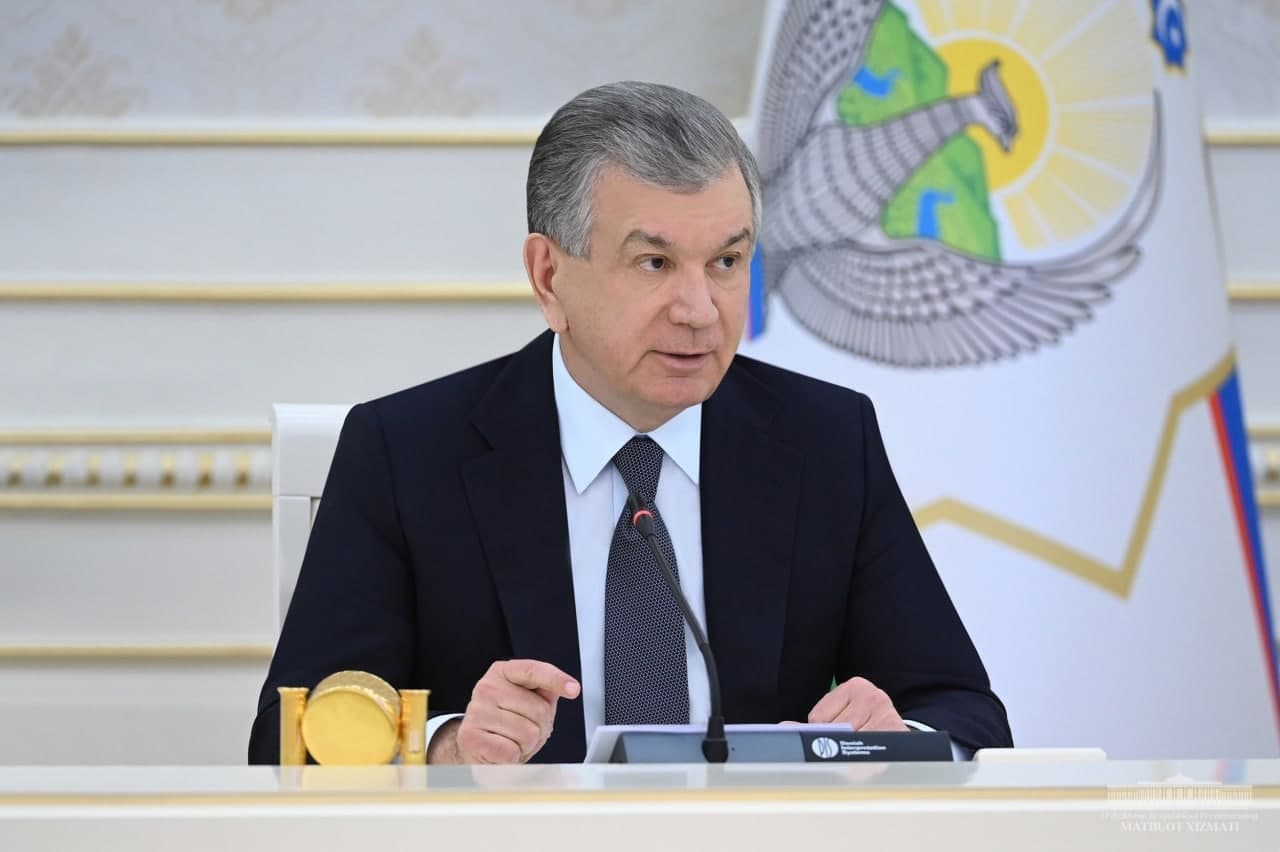
Photo: Presidential press service
According to the press service of the head of state, this sector of the economy plays an important role in ensuring the well-being of families and food security. It is emphasized that 30% of the daily consumer spending of the population is spent on meat, milk and eggs.
“Over the past 3 years, in accordance with the adopted regulations on animal husbandry, 8 types of subsidies and preferential loans have been allocated. During this period, more than 15 trillion soums of loans were allocated for livestock breeding and about 4.5 thousand projects were implemented. The number of breeding farms has tripled to 1,414. As a result, the number of livestock increased by 1.2 million in 2019-2021. But such urgent problems of our time as climate change, the reduction of water and land resources, as well as the pandemic complicate the process of animal husbandry,” the report reads.
It was noted at the meeting that in Bukhara, Jizzakh, Navoi, Namangan and Surkhandarya regions, the number of large livestock farms is much less than in other regions. Although 90% of livestock is raised in households, there is no stable forage base in many areas. Over the past 15 years, the area of forage land has decreased from 430 thousand to 340 thousand hectares, and the area of forage crops per head of cattle – from 50 to 27 hectares. In Karakalpakstan, Khorezm, Bukhara, Navoi, Surkhandarya and Kashkadarya, the area under repeated fodder crops has decreased by 23,000 hectares. In this regard, the relevance of issues of supporting livestock breeding, increasing the production of meat, milk and eggs through the widespread use of resource-saving technologies is increasing.
The meeting analyzed the current state and opportunities in the field.
The head of state noted that this year it is possible to provide employment for at least 300 thousand people in animal husbandry, 150 thousand in sheep and goat breeding, 1.2 million in sericulture, in total – 1 million 650 thousand people. To do this, first of all, it is necessary to increase the number of livestock through cooperation in households. The country has exemplary experience in this direction. So, in the Mirishkor district (Kashkadarya region), the “Toshmatov Normumin” farm, having distributed cattle, sheep and goats to the residents of the village of Vori, buys prepared milk and meat. The “Takhiatosh Chickens” enterprise of the Takhiatash district (Karakalpakstan), having provided the population with chickens, buys hatching eggs from them.
The President stressed the importance of applying this experience to other regions. To this end, a number of financial support measures have been identified.
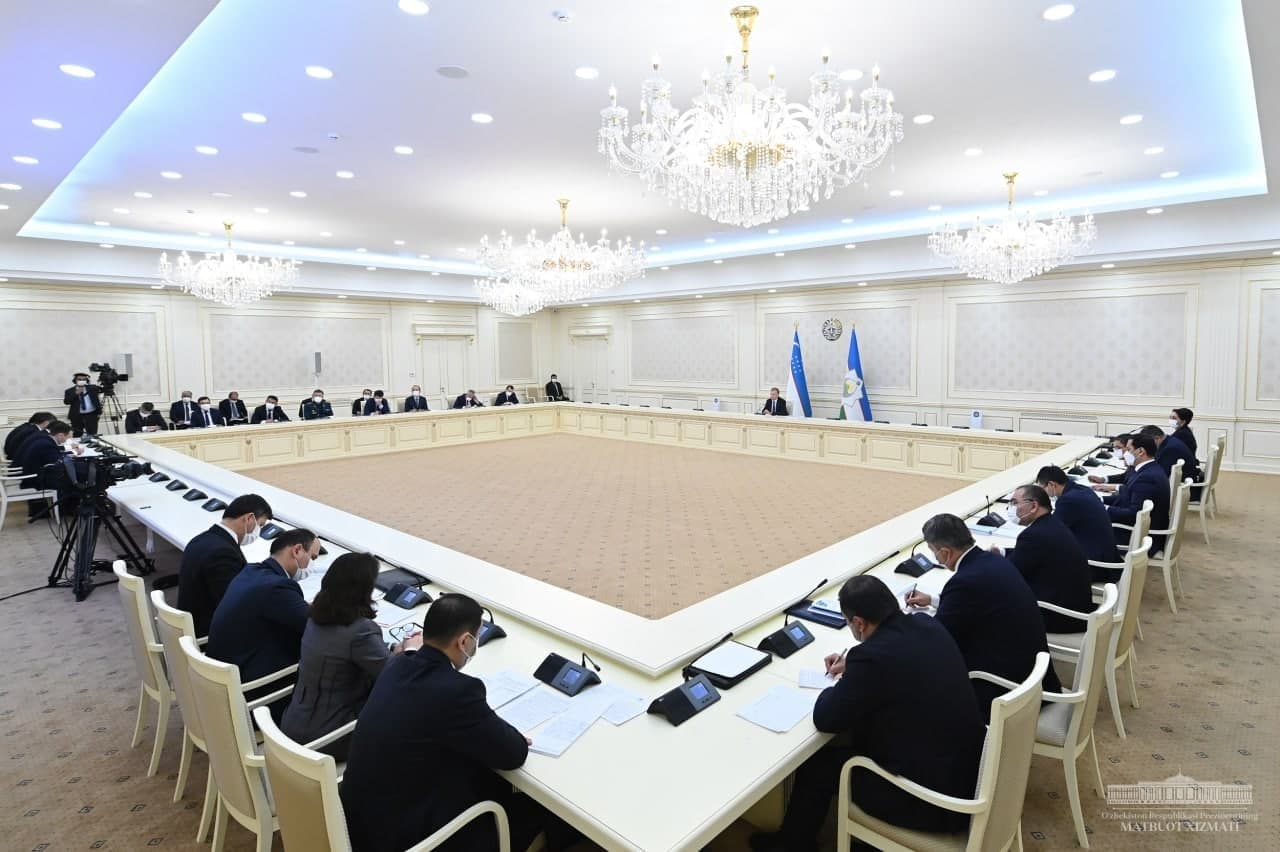
It was determined that from the current year preferential loans will be provided for the purchase of thoroughbred sheep and goats, processing of milk, meat and wool, and the creation of fodder shops. These loans will be allocated to the population in the amount of up to 50 million soums and without collateral on the recommendation of khokim assistants. Half of the interest payments will be offset. It was instructed to start distributing 350,000 sheep and goats to the population on the basis of cooperation, and allocate $100 million for this purpose.
“Responsible persons were instructed to raise $500 million this year from international financial institutions and direct these funds to livestock development projects. The President paid special attention to increasing the productivity of livestock and improving breeding. The Samarkand Institute of Veterinary Medicine is responsible for the introduction of best practices in the field. Now the status of this institute will be raised, scientific-experimental institutes of veterinary medicine, animal husbandry, poultry farming, fish farming, astrakhan breeding and desert ecology will be assigned to it. The institution will be engaged in practical and methodological support for clusters, the provision of paid services, and short-term courses for the population and farmers,” the press service said.
The Chorvanasl Agency was instructed to develop a 3-year program to improve breeding business in the context of each district.
Information from heads of industries and regions, opinions and proposals of entrepreneurs were heard on the issues discussed at the meeting.
Related News

16:47 / 02.03.2026
President Mirziyoyev offers condolences to Iran over the death of Supreme Leader Ali Khamenei
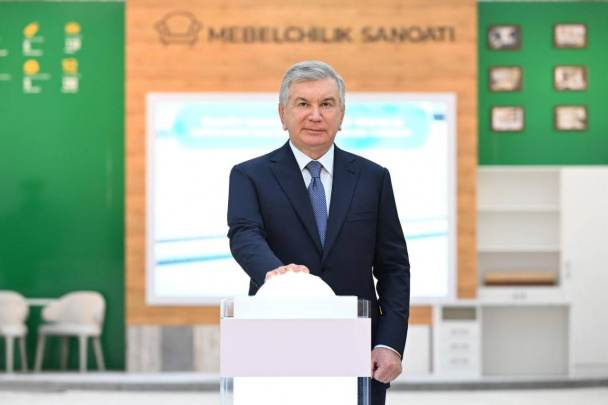
19:29 / 26.02.2026
President Mirziyoyev launches 44 major projects worth $7.1bn in Surkhandarya region
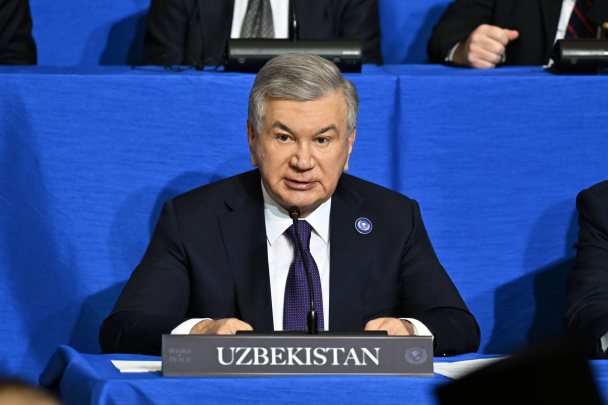
23:04 / 19.02.2026
Uzbekistan ready to support Gaza’s recovery with housing and infrastructure projects – Shavkat Mirziyoyev
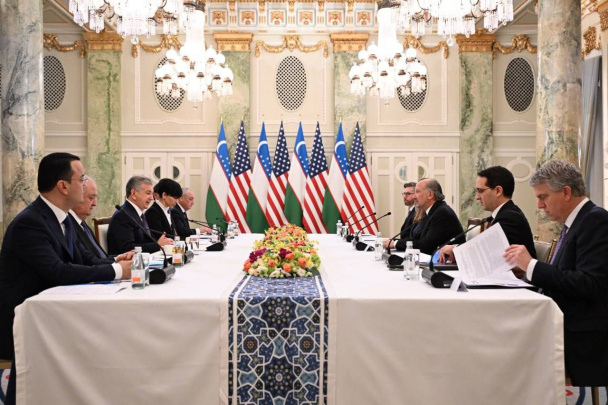
07:14 / 19.02.2026



